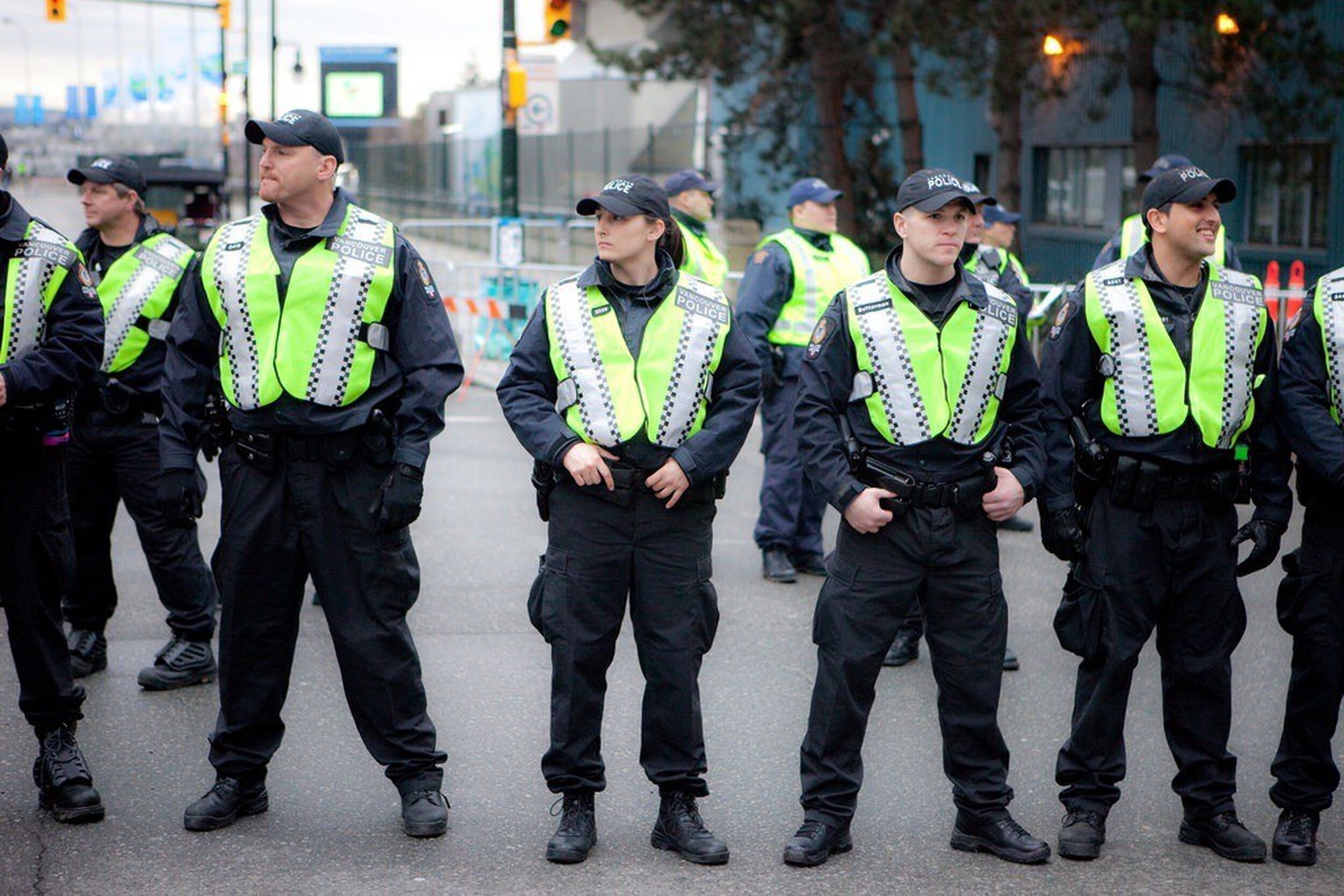
This ain’t 1988 anymore: Olympic security and Calgary 2026
Q&A with local terrorism expert Gavin Cameron
Security is arguably the most complex and high-stakes piece of hosting an Olympic Games. The Calgary exploratory bid committee estimated the security costs of hosting in 2026 at $510-million, plus another $100 million for so-called contingencies.
The difference between hosting the Games in ’88 and hosting the Games in 2026 is light years apart.
—Gavin Cameron, University of Calgary
Gavin Cameron is a political science professor at the University of Calgary. He’s an expert on international security, terrorism and counterterrorism. We caught up with Cameron to find out more about the risks that come with hosting the Olympics in the modern age.
Are Olympics nowadays a hotspot for terrorist attacks?
Potentially. It’s such a high-profile event spread over multiple venues. It’s a very complicated event and security is demanding.
How would security during the ’88 Olympics in Calgary compare to an Olympics in Calgary in 2026?
Security in 1988 was pretty tight because the Olympics were obviously a target in 1972 in Munich. So by ’88, absolutely the Olympics had tight security. But the security at any major events of any variety has increased in the last 15 to 20 years for obvious reasons.
So the difference between hosting the Games in ’88 and hosting the Games in 2026 is light years apart.
During the Vancouver 2010 Olympics, we were much more involved with Afghanistan. How has the dynamic changed from then to now?
We were more heavily involved in Afghanistan, but the picture in terms of small scale attacks and self-starters from individuals themselves is actually more complicated than it was in 2010.
The relationship between Canada’s commitments and possibly that serving as an incentive to include Canada as a potential target—that has diminished.
But the nature of terrorism has also changed and that’s in the direction that makes terrorism less predictable. We are not necessarily safer now.
What security measures would we have to take for a potential 2026 Olympics in Calgary?
This would depend slightly on what the venues are. It would depend on what the threat assessment is near that time, so that is nearly impossible to estimate.
What you would expect to see is physical security around venues and facilities where athletes and coaches are located—and anywhere there are large crowds.
For example, 17th Avenue S.W. Even though there are probably not going to be athletic events on 17th Avenue, you would expect to see lots of people and restaurants so you would expect to see heightened security there for the duration of the Games.
You are going to see a drafting in of a large number of people from outside Calgary to assist with security. It’s a very complicated series of overlapping stages—and the security effort will start years before the Games actually come, if they come to Calgary.
Hillary Ollenberger and Holly Maller
Editor’s Note: This Q&A has been edited for length and clarity.
This story is part of Hindsight 2026, a joint project between the Sprawl and the Calgary Journal (which is produced by journalism students at Mount Royal University). We’re digging into past Olympics to evaluate whether a 2026 Winter Games in Calgary would help or hinder our city.
Support independent Calgary journalism!
Sign Me Up!The Sprawl connects Calgarians with their city through in-depth, curiosity-driven journalism. But we can't do it alone. If you value our work, support The Sprawl so we can keep digging into municipal issues in Calgary!




